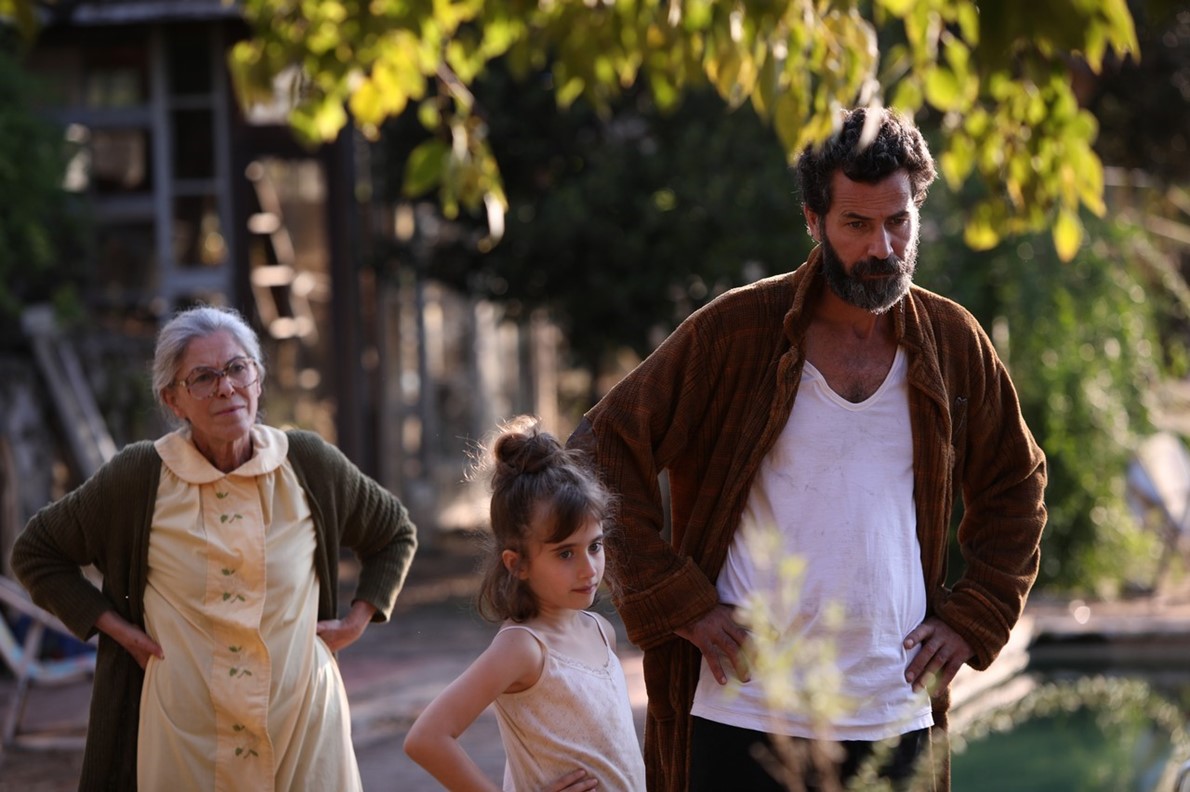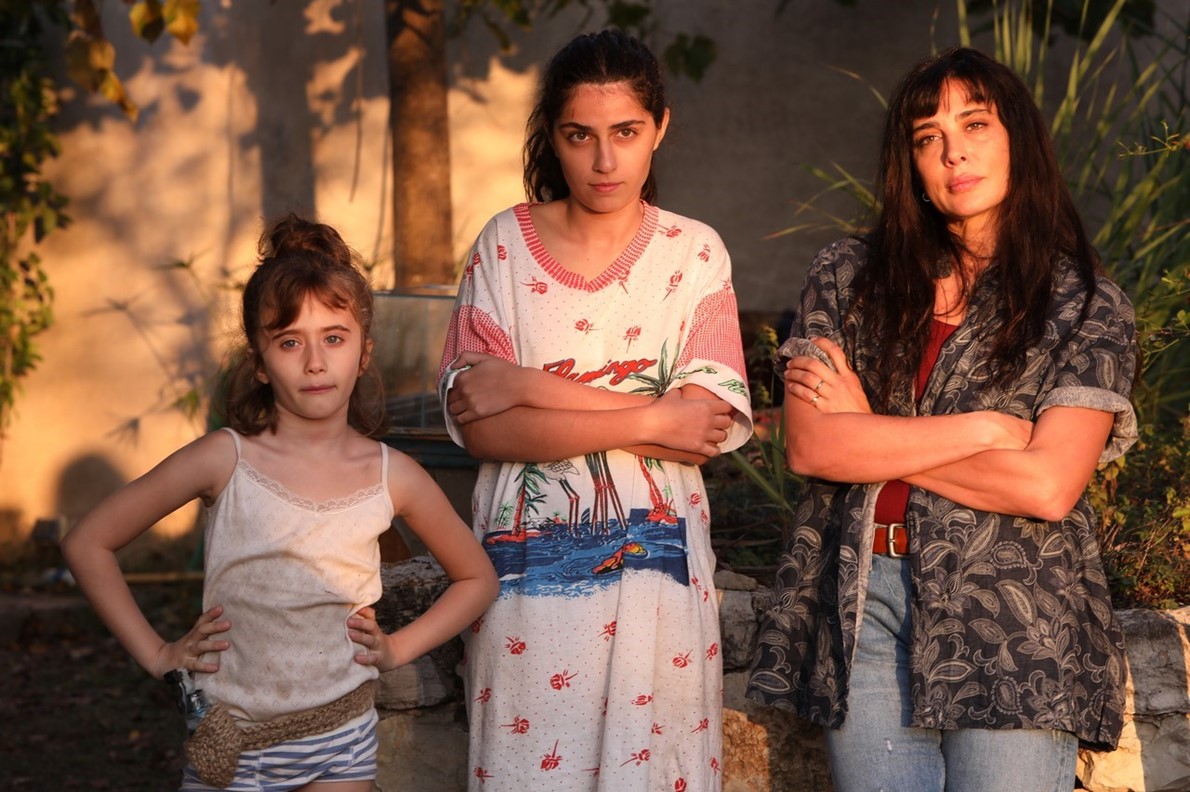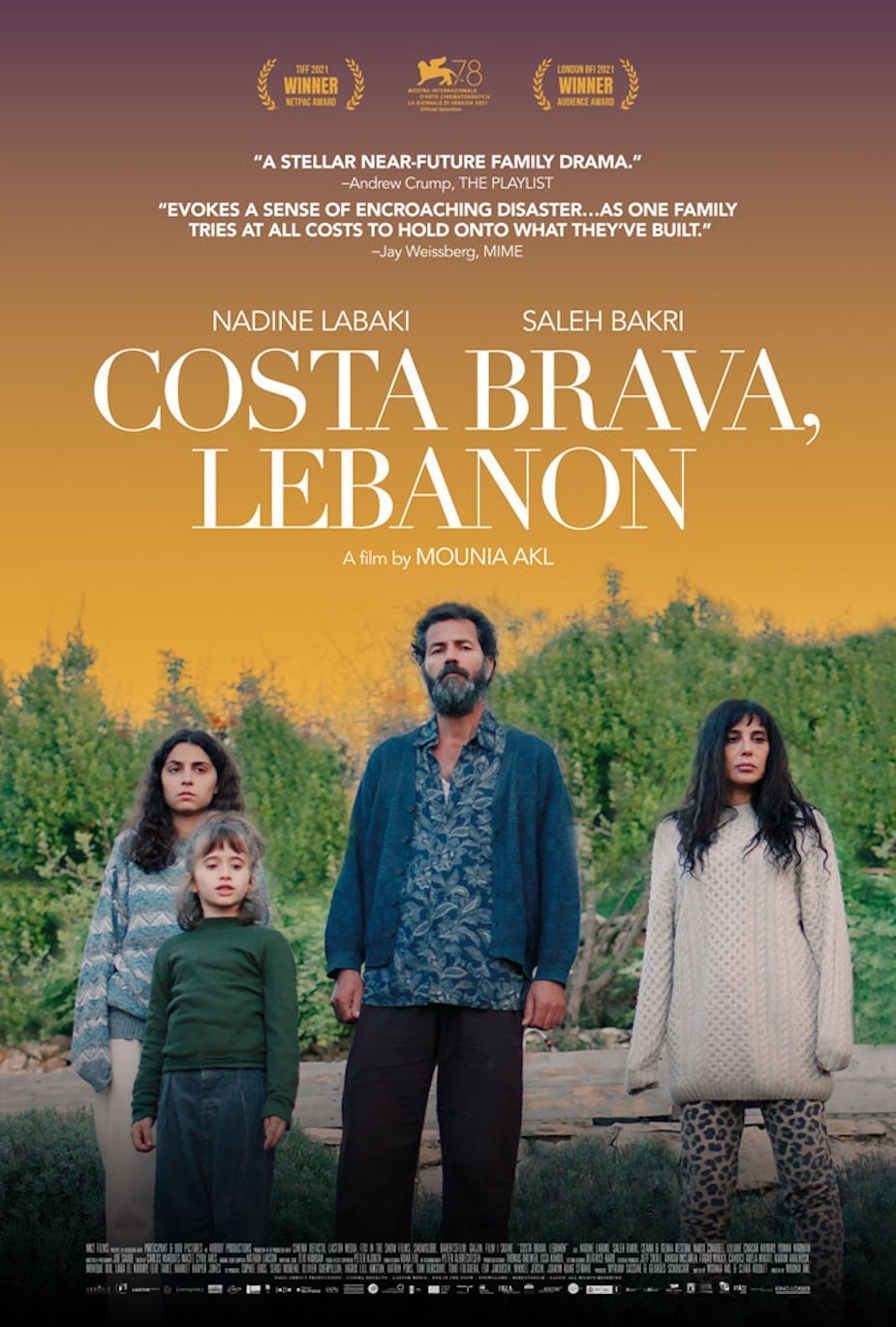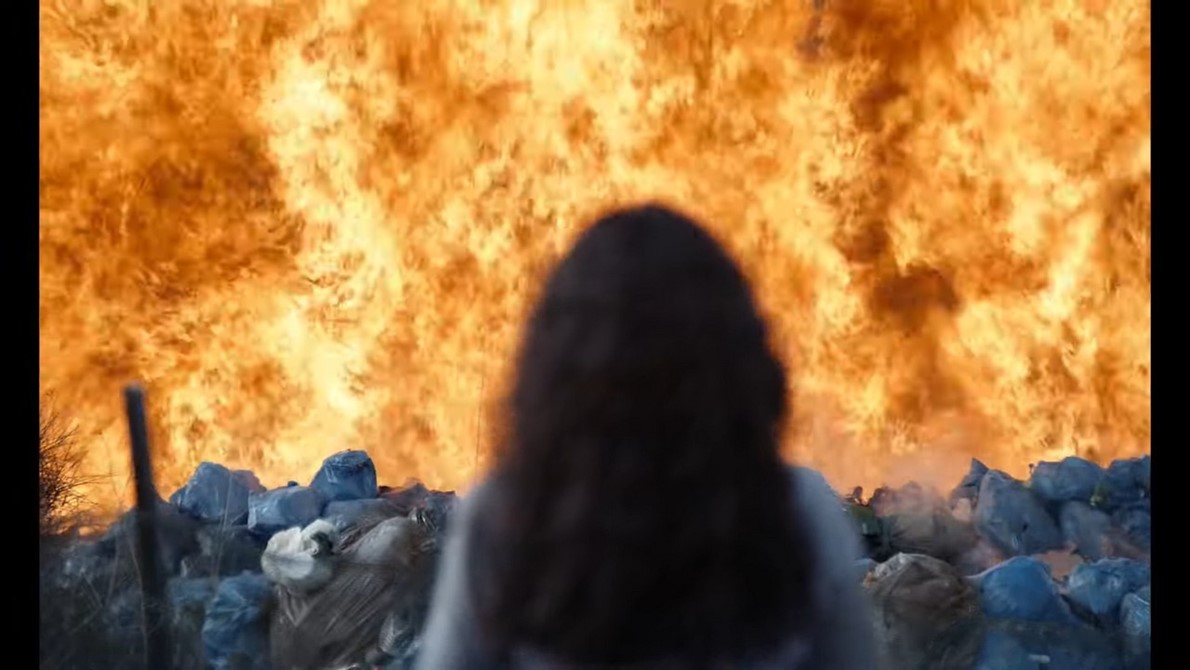In her debut film “
Costa Brava, Lebanon”, Mounia Akl paints an intimate portrait of a family against the backdrop
of a political crisis; waste collection and treatment in Lebanon is a serious
problem that has been going on for several years now. Landfills are too few and
no more effective, unable to treat and even hold all the waste produced.
Recycling is non-existent; garbage ends up buried when it is not simply piled
up in nature, or burned.
اضافة اعلان
The film competes
in the Arab Feature-Length Narrative Competition in the third edition of Amman
International Film Festival.
The air quality is
mediocre, toxic products abound, the soil is polluted… all these phenomena are
posing great dangers to the surrounding communities, as this sadly famous human
rights report reminds us.

The problem,
dubbed the “waste crisis”, is a topic close to the heart of young director Akl.
Five years after the poignant Submarine (2016 short film available on Vimeo),
which already tackled it, she will make it the subject of her new film, Costa
Brava, Lebanon.
A green mountain,
in the distance the coast: an enchanting nature where the Badri family settled,
self-sufficient, isolated from everything. They cultivate, harvest, repair,
adapt. A happy family. However, this fragile utopia holds only a short while.
In the apparent fullness of this cocoon, the fetid air of the new landfill
infiltrates. It contaminates plants, water, hearts, souls. A nauseous stench of
civilization that blurs minds, and the Badris see themselves haunted by
contrasting emotions: a sickly fear of society and the need to escape.
A paradise in peril
It has been 8 years since Soraya and Walid Badri made a very difficult
choice: despite Soraya’s success as a singer, the couple fled the harmful
atmosphere of Beirut, its pollution, its demonstrations in which he and she
participated with fervor, but which led to nothing, to come and build their
paradise in the surrounding hills. A house, a swimming pool, olive trees, calm,
this is what they offered to themselves as well as to Zeina, Walid’s mother,
and their two daughters, Tala, 17, and Rim, 9.
Until one
“beautiful” day one of the major problems of the Lebanese capital comes to
relocate at their doorstep: the waste crisis that the government thinks it can
solve, thanks to funds from foreign countries, mainly, France, by commissioning
of a new landfill, “compliant with international health and ecological
standards”, in what is considered “the best place”, in this case the land below
the place of residence of the Badri family.

The telephone works
very badly at the Badris, so they could not have been warned, and the arrival
of workers, construction machinery, and a gigantic statue of the president,
announced by Rim to her parents, is for them a painful surprise. A surprise
that is all the greater since the land on which this landfill has been
installed is supposed to belong to Alia, a sister of Walid’s who left Lebanon
to settle in Colombia.
Lebanon’s recent history
Between 1950 and 1970, before the civil war that ravaged the country from
1975 to 1990, Lebanon was nicknamed the Switzerland of the Middle East: a
prosperous country, politically stable and in which it was good to live. Even
if the Taif agreement of October 22, 1989, is supposed to have put an end to
the civil war, the antagonism of the various denominational militias never
really ceased.
We can see in Costa
Brava, Lebanon a summary, both geographical and over time, of the recent
history of Lebanon: a small paradise transformed into hell by an event, here
the arrival of this landfill, which fractures the micro-society represented by
the Badri family.
Indeed, even if the
film continues to denounce the ecological ravages of certain projects, even if
the indictment of the corruption which reigns in the country is never
abandoned, we quickly feel that it is the repercussion of the events on the
lives of each of the Badri family members that interests the director above
all: between Walid, supported by Rim, headwind against the project and the men
who are there to set it up, and Soraya who takes control of life before their
departure to the countryside, the gap continues to widen. Zeina has long
dreamed of joining Alia in Colombia. As for Tala, she is more or less out of
the game, titillated by the awakening of her attraction to Tarek, the site
manager.

The author develops
the identity of each member of the family, reveals the links that unite them,
those that oppose them; a family structure that will be severely tested by
events. Because even if its resonance is political, the family scope is central
and takes a central place within the film.
The woven bonds
stretch, tear, and sometimes even break. The individual characters assert
themselves and collide violently; arguments will break out in scenes (that
might be described as Oscar-worthy) with a form of emotional rebellion, or an
expression of a personal exhaustion, too long contained, that surfaces at the
top of the mountain of garbage.
Questions
Even before seeing the film, simply by reading its title, the spectator
will wonder what is Costa Brava, this Spanish region so popular with tourists,
doing in the title of a Lebanese film. It is simple: in the south of Beirut, at
the mouth of the Ghadir river, the Costa Brava landfill was opened in April
2016, one of two presented by the Lebanese government as a solution to the
crisis of eight-month-old uncollected waste that the country went through in
2015 and 2016.

Another question
arises when looking at the film cast: for the portrayer of Rim, the 9-year-old
girl, there are two similar names: Ceana Restom and Geana Restom. The answer is
simple: they are twins, two little girls resembling each other like two drops
of water but with very different characters, one very calm, the other endowed
with a very great energy. The director has exploited this difference, having
them both play, most often using their natural behavior but also sometimes
having them play against the grain. Of course, we never know if it is Ceana we
see on screen or Geana, but what is important is what we see and what we hear,
and what we see and what we hear is absolutely stunning.
Final statement
This first feature by a
young Lebanese director is very promising. Helped by an excellent cast and by a
very good director of photography, Akl talks to us with strength and talent
about her country, formerly nicknamed the Switzerland of the Middle East, but
whose geographical environment as well as the great religious diversity of its
population have contributed to causing major problems for several years.
This Lebanese work
is thus not reduced solely to the humanitarian problem that it intends to make
known, but develops with great narrative and technical mastery a story of great
emotional breadth that will move fans of family dramas.
Read more Reviews
Jordan News





